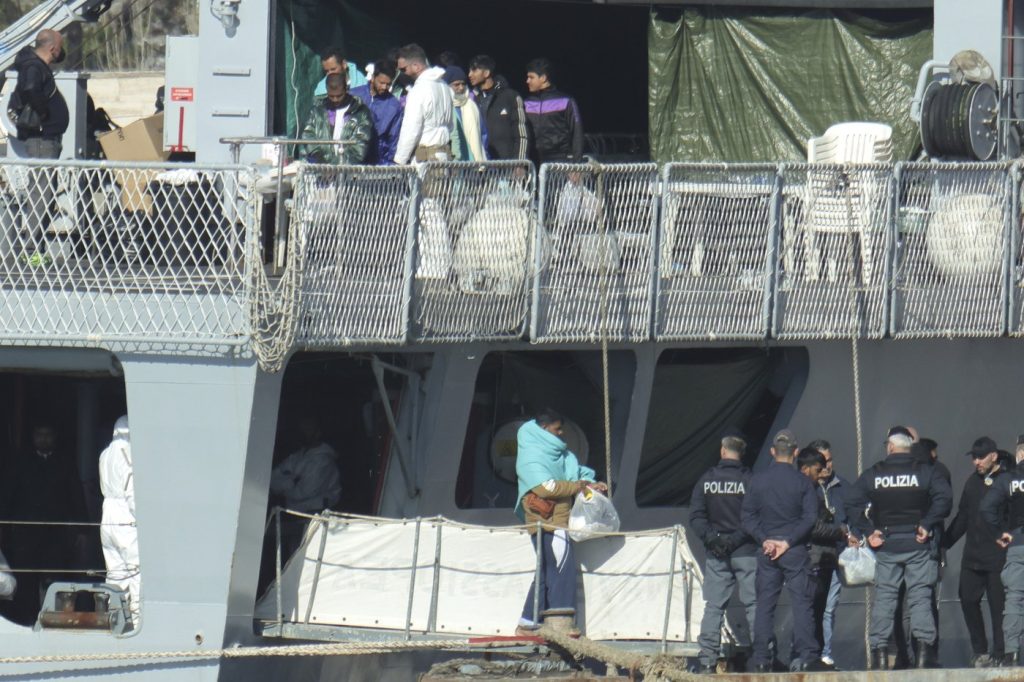ROME (AP) – Italy's far-right government has officially approved a decree expanding the functionality of Albanian fast-track asylum processing centers to include "repatriation" hubs. This action aligns with a recent European Union proposal aimed at managing migration more effectively.
Under this new decree, the two processing centers in Albania—initially designed to handle non-vulnerable migrants rescued in international waters—will now also accommodate migrants who have arrived in Italy, had their asylum requests rejected, and subsequently received deportation orders. This change signifies a significant shift in the usage of these centers, as they have faced considerable inactivity since their launch in October 2023.
The Albanian centers have been largely unutilized due to various legal complications and widespread opposition from human rights organizations. Critics argue that the initiative violates international laws and jeopardizes the rights of migrants. The conservative government led by Premier Giorgia Meloni has faced disappointment, particularly as nearly 800 million euros have been invested over five years without substantial results.
The project saw slow progress with the initial three groups of migrants transferred to the centers in October, November, and January, only to be sent back to Italy within hours after Italian magistrates refused to validate their detention in a non-EU country. Interior Minister Matteo Piantedosi emphasized in a recent press conference that while the decree alters the procedural aspects regarding the protocol with Albania, it does not modify its core content. He stated that the decree aims to reactivate the Gjader center for outbound migrant transfers from Italy.
This strategic move provides Meloni with a renewed opportunity to invigorate the costly Albanian center initiative. It follows a European Commission proposal introduced in March intended to establish new "return hubs" in third countries for rejected asylum seekers, which is seen as a possible pathway to enhance state cooperation on deportations throughout the EU.
Currently, only 20% of individuals with deportation orders are effectively removed from EU territory. This statistic underscores the necessity of the European System for Returns proposed by the European Commission, which aims to standardize the enforcement of deportation orders across all 27 EU member states. The absence of such regulations was previously a significant gap in the EU's migration and asylum pact approved in the previous year.
Additionally, the Italian government is awaiting a ruling from the European Court of Justice, expected in the summer, which could further clarify the operational capabilities of the Albanian centers as per their original intent.
For ongoing coverage of global migration issues, readers can refer to the dedicated AP migration hub.










